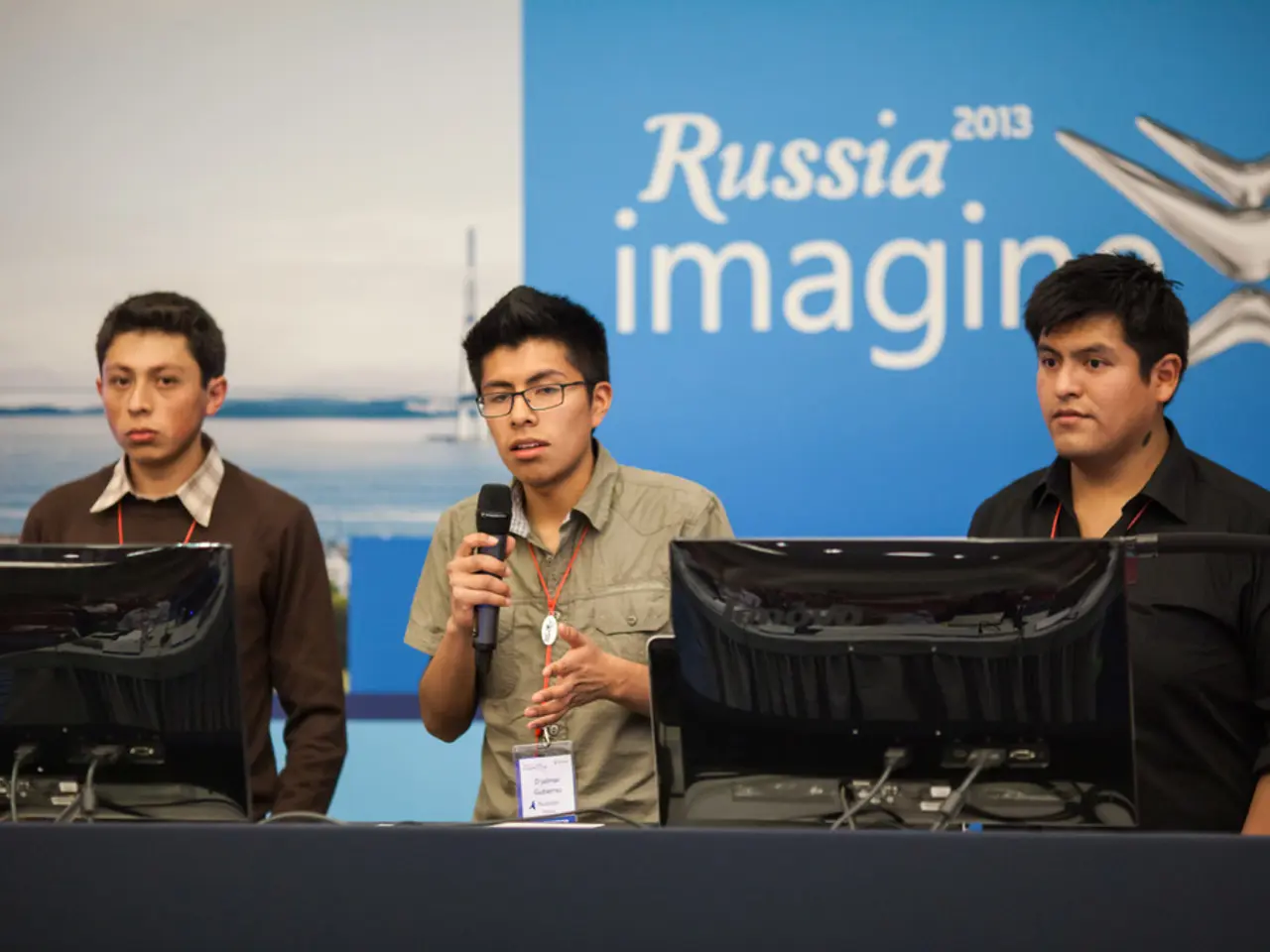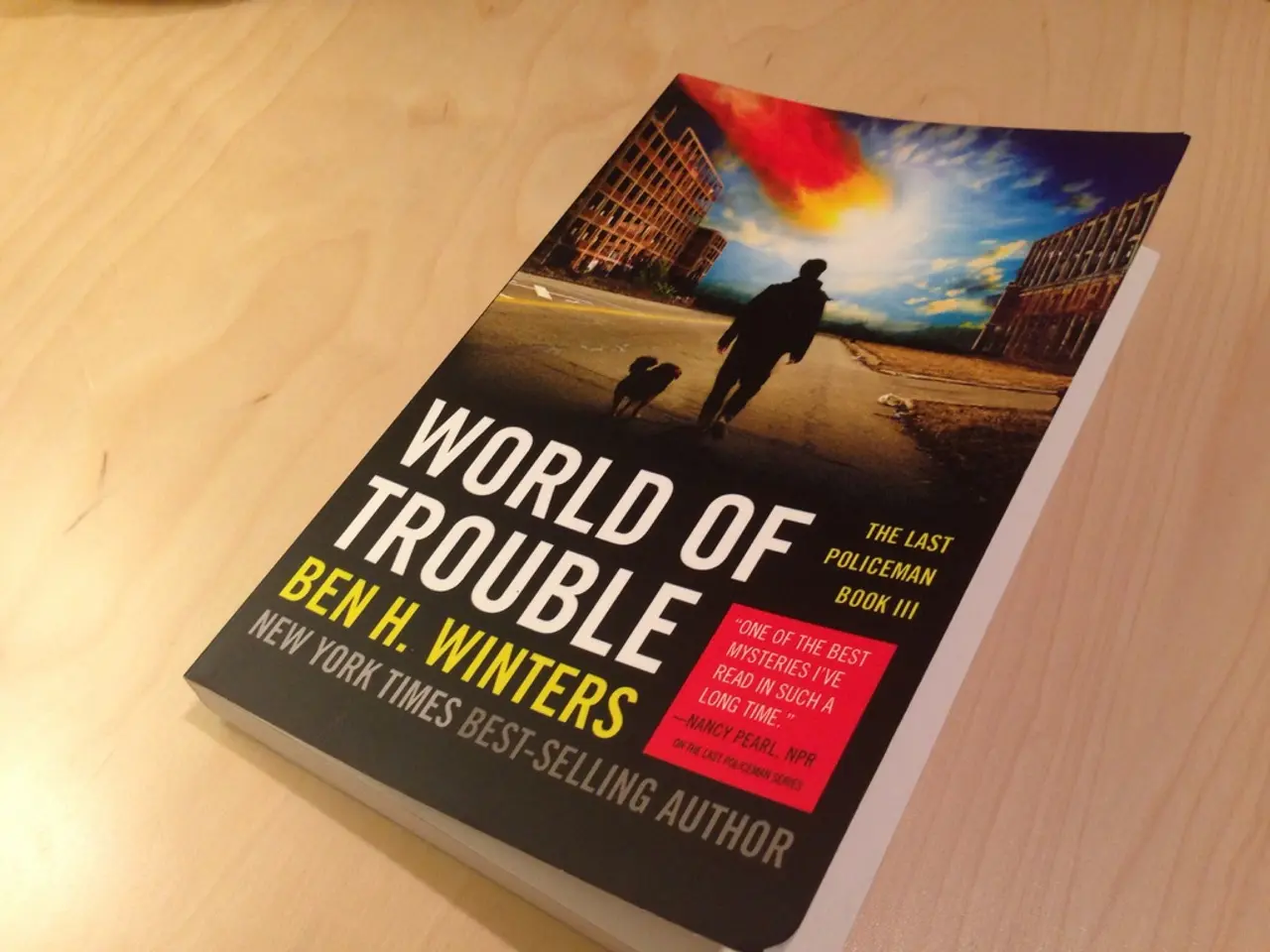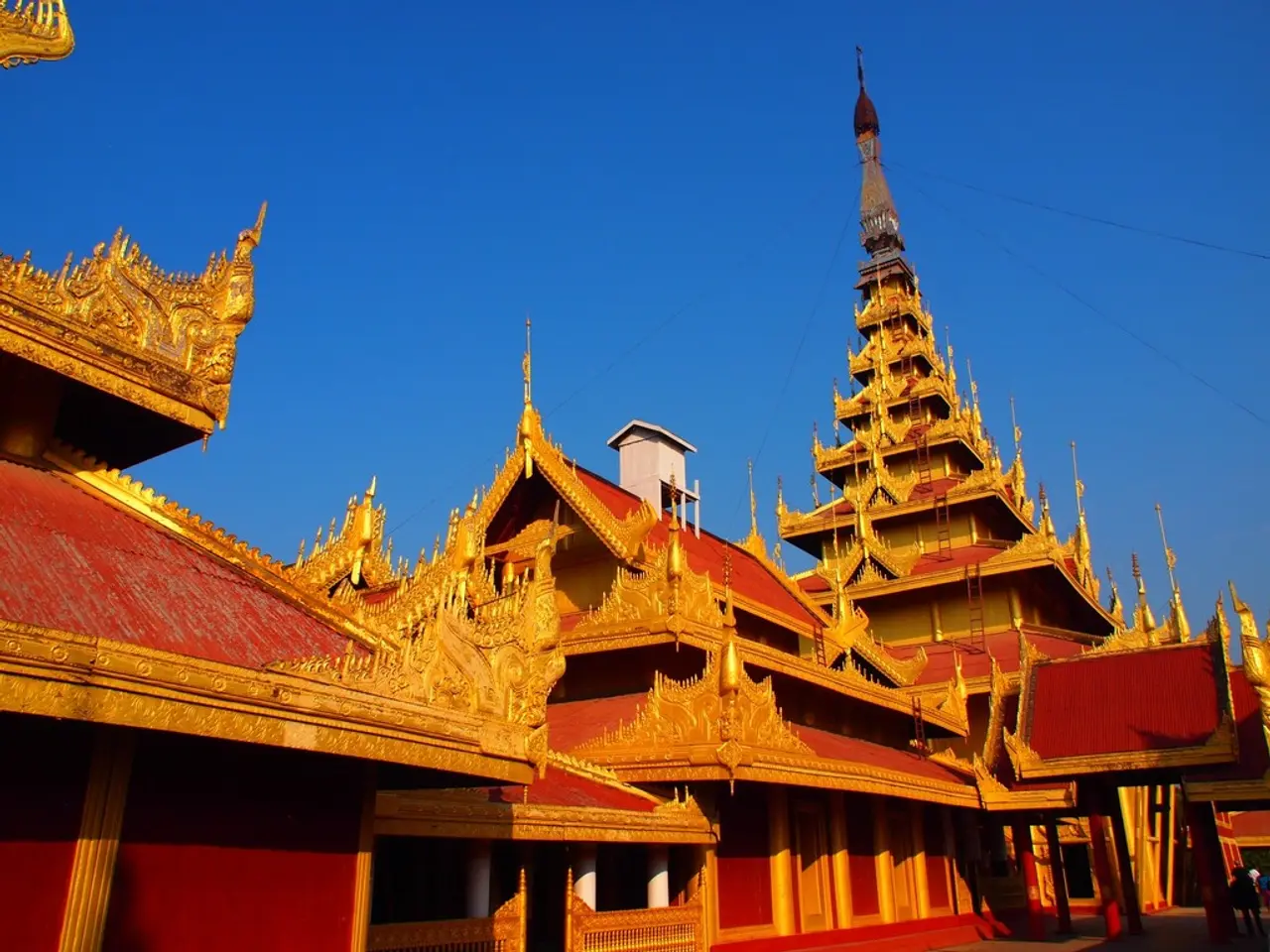Foreign governments, including Canada, caution that Iran is allegedly engaging in actions aimed at assassination, abduction, and intimidation of individuals outside their borders.
In recent years, there has been a growing concern about Iran's transnational repression activities, targeting dissidents, activists, and critics of the regime living outside Iran. This issue has become particularly relevant in Canada, where former Liberal justice minister Irwin Cotler has been under RCMP protection since November 2023 due to an alleged imminent and lethal threat on his life.
Iran's history of transnational repression operations dates back to the 1979 Islamic Revolution. These operations, primarily conducted by the Islamic Revolutionary Guard Corps Quds Force (IRGC-QF) and the Ministry of Intelligence and Security (MOIS), involve various clandestine activities such as espionage, assassination attempts, intimidation, and harassment campaigns. Iran has been accused by the U.S., Canada, and European nations of conducting these operations against Iranian dissidents abroad and critics of the regime in Tehran.
While specific cases of Iranian transnational repression targeting Iranian dissidents in Canada may not be explicitly detailed, it is well-documented that Iran has engaged in such activities in multiple countries, including Western nations like Canada. Iranian intelligence has been reported to conduct surveillance on Iranian-Canadian activists and has allegedly plotted attacks or intimidation against them in the past.
The repression abroad is part of a broader Iranian strategy to suppress opposition voices perceived as threats to the regime both inside Iran and internationally. This strategy aligns with Iran's foreign and domestic policy, which frames its actions as resistance against Western adversaries and an effort to maintain regime stability amid rising internal and external pressures.
Iranian Canadians are increasingly concerned about former officials from the Iranian regime targeting diaspora members and community organisations. This concern was further heightened when the FBI and U.S. prosecutors revealed multiple alleged Iranian plots to assassinate U.S. President Donald Trump, including a plot thwarted in November 2020.
In response to these threats, Canada, the United States, and 12 European allies have jointly condemned what they consider as a growing number of state threats by Iran's intelligence services against people abroad. Canada listed Iran's Islamic Revolutionary Guard Corps as a terrorist organisation last year, and the countries involved are committed to working together to prevent such attacks.
However, the government has had difficulty removing former regime officials from Canada, with deportation orders issued to just three individuals out of 12 ongoing cases at the Immigration and Refugee Board. This has led to concerns about the safety of Iranian dissidents living in Canada and the effectiveness of current measures to protect them.
In summary, Iran's transnational repression activities pose a significant threat to Iranian dissidents and critics living outside Iran, including in Canada. While specific cases may not be explicitly detailed, the general pattern of Iran's activities suggests a concerning trend that warrants increased vigilance and action from governments and communities alike.
Iran's history of transnational repression not only targets Iranian dissidents abroad, but it also extends to Iranian-Canadian activists. This raises health concerns for the general well-being of Iranian Canadians, given the reported surveillance and alleged plotting of attacks or intimidation by Iranian intelligence. Furthermore, the politics surrounding Iran's foreign and domestic policy suggest a persistent strategy to suppress opposition voices, even in the diaspora.






